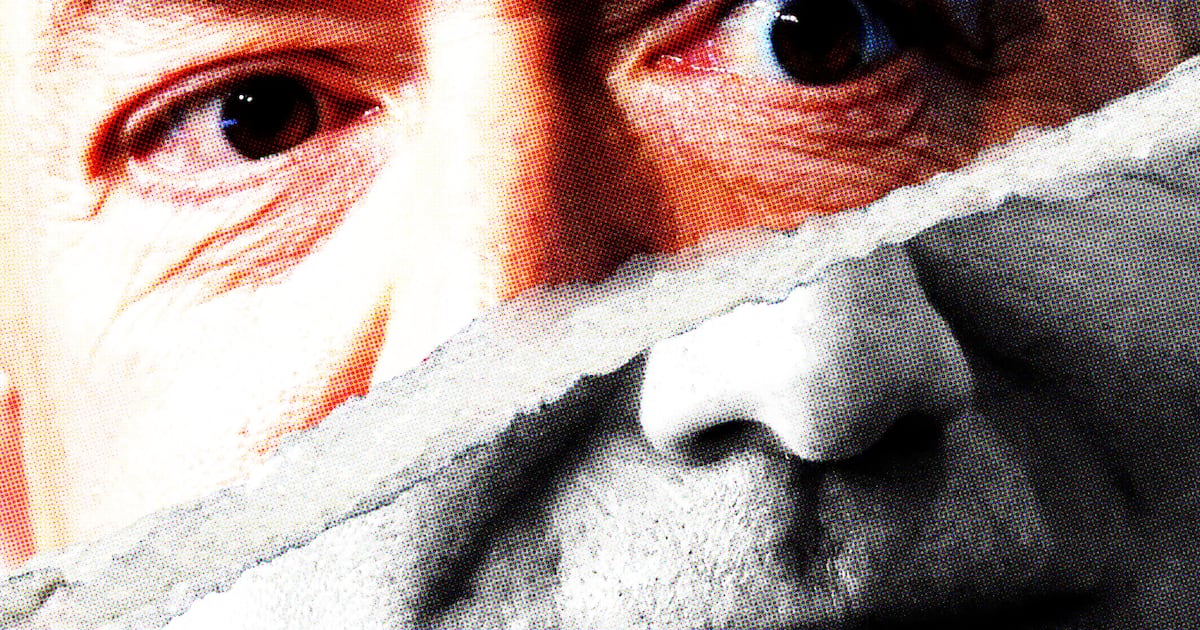I'm not a practicing Catholic, so I try very hard not to have opinions on the internal politics of the Vatican. But the Pope's announcement this morning that he would resign seems worth commenting on, because it was a good decision, and a worthy one. The Pope recognized that he was too frail to continue performing his duties as the spiritual leader of his church, and he stepped down so that the Church could elect someone who can.
That's a very hard decision to make. 89-year old Senator Frank Lautenberg is currently embroiled in a spat with Newark's Mayor Cory Booker, who has begun openly campaigning to replace Lautenberg in the Senate. (Lautenberg implied that Booker needed a "spanking" for his impertinence.) Keith Humphreys points out how absurd Lautenberg's indignation is:
The “spanking” story calls Booker “ambitious” (contrasting him, one assumes, with the world’s many non-ambitious politicians), setting up the standard narrative: A pushy up-and-comer who won’t wait his turn thinks an old person can’t be an effective elected official. Other likely stories to come will cover how Booker will have to allude to his “energy” without turning off senior citizen voters who think he is making age an issue.
ADVERTISEMENT
What the press ought to do instead is communicate reality: The burden of proof is entirely on Lautenberg to demonstrate that he isn’t too old to be an effective senator until the age of 98. Extrapolating from life table data, a 92 year old has only a 1 in 6 chance of living to 98, and that’s the combined rate for males and females. And those who do live to 98 have an extremely high rate of significant physical and/or mental decline. It should therefore not be some awkward responsibility for Cory Booker to hint vaguely about “new ideas”, “vigor” etc. as a way to gingerly raise the age issue. Rather, the press should put the question straight to Lautenberg: “Senator, if you are re-elected the odds are very low you will survive your term at all, much less do so in good health. Is that fair to the people of New Jersey when there are certainly other politicians in the state who could do the job?”. That keeps focus on a legitimate question that the public has a right to have answered (whether Booker brings it up or not).
Some readers may recall this terrifying graph from Marginal Revolution:
No, it's not a trick question.
Labor markets are simultaneously far too aggressive in pushing out healthy, young old people, and too lenient in letting very old people hang on in positions of power. For the ordinary majority, losing a job after the age of 55 is catastrophic; it is often extremely hard to find another, even though most reasonably healthy people in their sixties and seventies are still quite capable of making valuable contributions. The real fall-off starts in the late seventies and early eighties.
And yet in the select few professions that essentially offer life tenure--legislators, professors, physicians, some judges, and yes, Popes--really elderly people can hang on well beyond the point where their age is substantially impairing their job performance.
Unfortunately, by the time cognitive changes are making it difficult for you to do your job well, they are probably also impairing your ability to discern that you're no longer up to the job. So Humphreys suggests, and I agree, that successful politicians should err on the side of taking themselves out of the game a little early, so they can go out on top.
Of course, you don't really think of a Pope trying to retire at the top of his game, but physical and cognitive abilities are surely quite important to the spiritual leadership of the church. So I'm quite impressed that Pope Benedict has chosen to step down while he is still capable of ministering to the Church, rather than having the Church spend the last years of his life ministering to his failing health.





